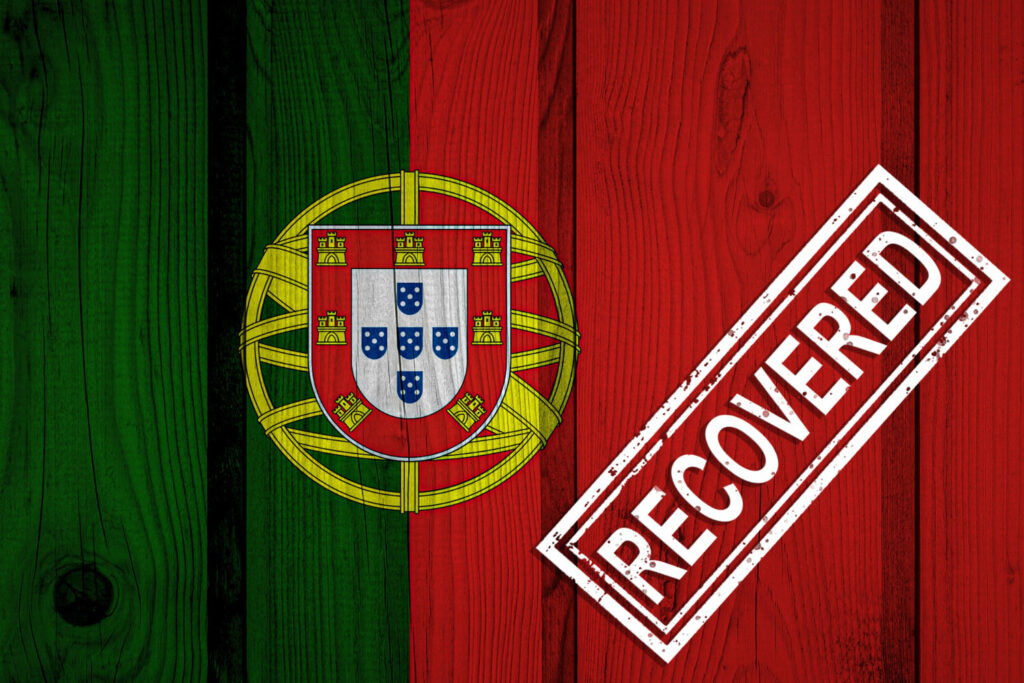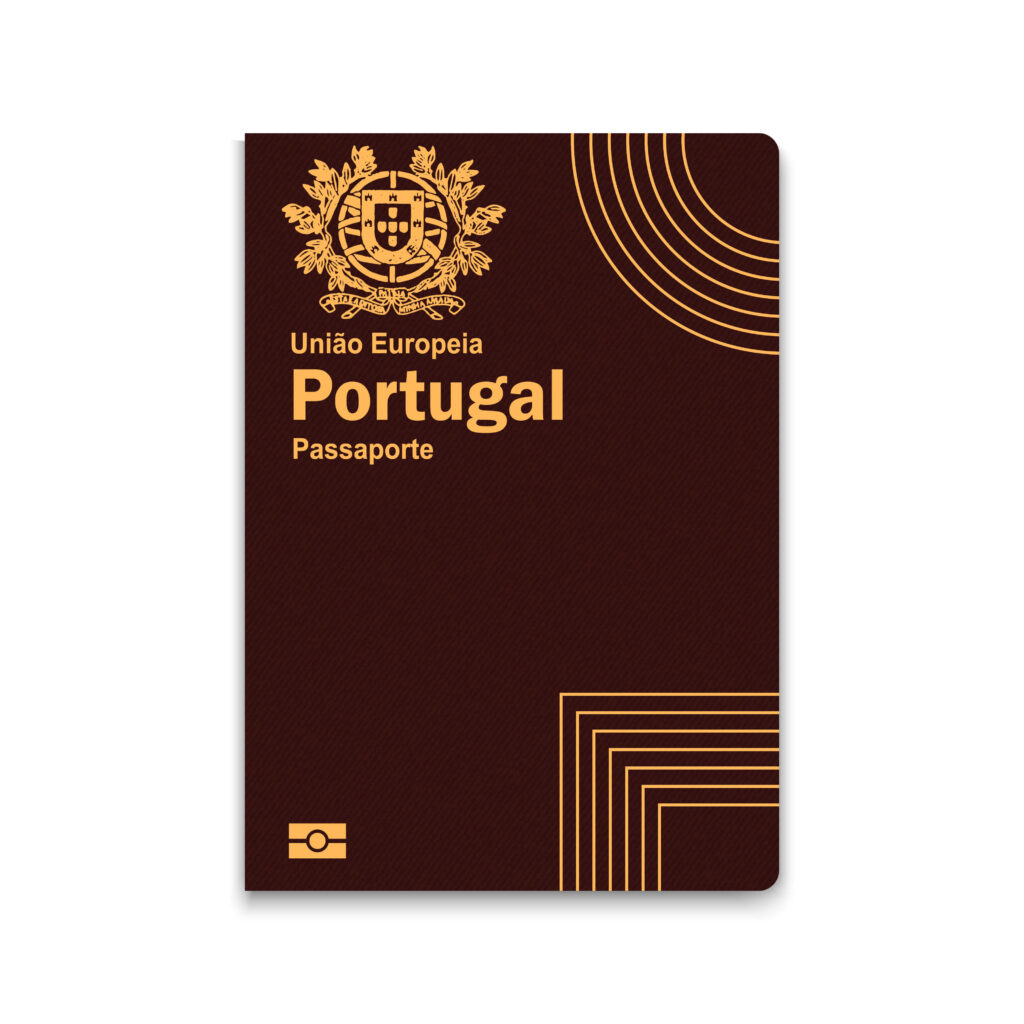In 2007 the Portuguese government established a form of visa similar to the so-called non-profit visa in Spain. D7 residency visaalso known as the passive income visa, is a residence visa for retirees or income earners who want to live in Portugal, being a low-cost solution for those who wish to reside in the EU. This visa was created to encourage and attract people who already have a guaranteed monthly income to the field.
This income usually comes from a variety of sources, such as pensions, transferable assets, real estate, or financial investments. This visa is suitable for retirees or business owners who wish to reside in Portugal without making a significant financial commitment. This visa was also designed to encourage retirees and people with passive income to live in Portugal in order to stimulate the economy. Holders of this visa are not prohibited from exercising professional activities in Portugal.
When you obtain a residence permit through a D7 visa, your family members are also entitled to obtain it. This is based on the family unification statute. The holder of a residence permit is entitled to include family members living with them in another country, but these members must be dependent on or cohabit with the applicant.
Which members of your family can benefit from the D7 visa for residence in Portugal?
- Your spouse or partner
- Your minor or incapacitated children of the couple or of one of your spouses/partners
- Children of legal age who are dependents of the couple or one of the spouses, who are unmarried and studying in an educational institution in Portugal
- Resident’s parents if financial dependency is present
How to obtain the D7 visa for residence in Portugal ?
The first thing to do is to obtain all relevant documentation, i.e:
- The application form.
- Two recent passport photos with white background
- Copy of passport
- Reasoned letter
- Residence in Portugal (lease contract for at least 12 months, title deed, finally it is worth remembering that hotels or Airbnb are not valid).
- Document that certifies income (pension, bank statements, dividends for stock participation in a company, etc.).
- confirmation of NIF
- Apostilled criminal record
- Medical insurance valid during the stay in Portugal
- Receipt of the Portuguese government fee cancelled
- Marriage certificate (in case of going with spouse)
- Birth certificate (in case of children)
Remember that if you are already in Portugal, you can not apply for it, you must apply for a temporary D7 visa at the Portuguese consulate in your country of residence, after 60-90 days you will have an answer of your application, if the answer is positive you can stay in Portugal for a period of 120 days, being in Portugal you must apply for the D7 visa for residence in Portugal before the SEF of the place where you reside, with this you will get an appointment with the same entity.
Normally, the Portuguese Consulate requests the appointment upon seeing the applicant’s intentions, but in case this does not happen you will have to make the appointment yourself through the SEF websiteThese appointments take about 20 minutes, it is best to bring the corresponding documentation translated into Portuguese.
In this appointment with the SEF, a completed form will be requested from the same entity, in addition to the documentation mentioned in the previous list.


Values required to be evidenced in order to apply for this visa:
| Members | Value to be tested |
| Applicant | 100% of the current minimum wage
|
| Adult family member | 50% of the current minimum wage
|
| Each child or young person under 18 years of age and dependent children over 18 years of age | 30% of the current minimum wage
|
How long does the process take?
Obtaining the temporary visa can take about 4 months in total, not counting times such as the date when the appointment with the SEF is assigned, which in large Portuguese cities such as Porto or Lisbon can be a process that can take up to 2 months.
How long the permit lasts
Currently, this permit allows a stay of 2 years in the Portuguese state, after these two years it can be renewed for another 3 years, and finally after 5 years in Portugal it is possible to apply for permanent residence in this country.
Benefits of the D7 residency visa in Portugal
- As a D7 permit holder, you can live and work in Portugal.
- Access to the excellent coverage of the Portuguese public health system.
- You have entry and freedom of movement in the SCHENGEN area and 26 nations of the European Union.
- You can register as a non-habitual resident (NHR) of Portugal for tax purposes. This tax regime grants you exemptions on international income.
- Additional family members may be included on your residence permit.
- Access to the National Health Service
- Access to the Portuguese National Education Service and schools
- Accessibility to Portuguese vocational training, to initial and continuing vocational training
So if you are a person who has sufficient passive income to access this visa is an excellent option to migrate to the Portuguese country, being a way with so many benefits and that its cost is quite low compared to similar figures such as the Golden visa in Portugal.



